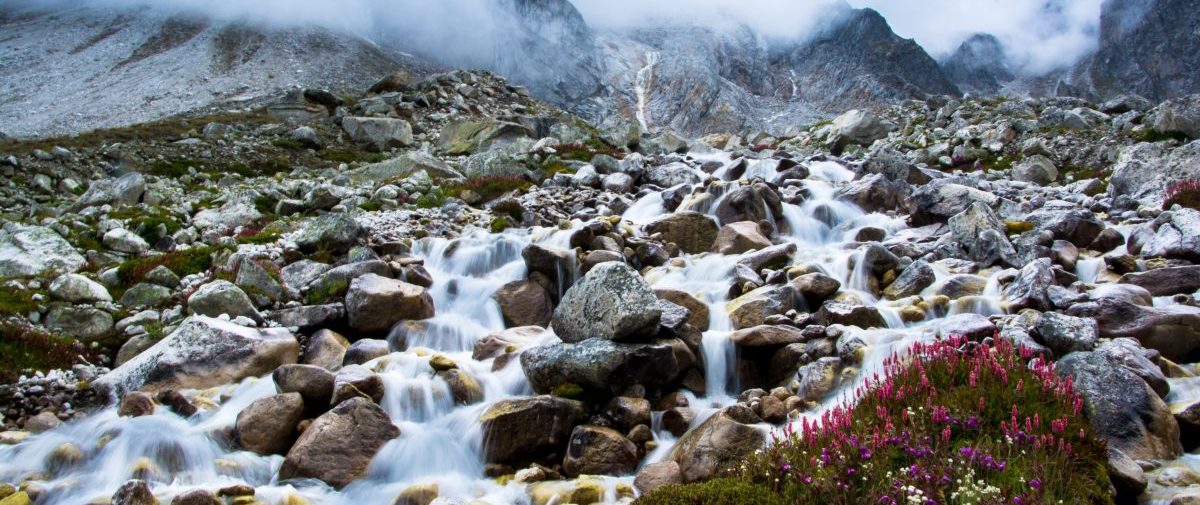By Rosemary Georgeson, and Jessica Hallenbeck
Abstract:
This paper traces the changing relationship between family, water, and fish through the lives of five generations of Indigenous women. We reveal the ways that Indigenous women’s connections have transformed and persisted despite generations of omissions and erasures. We juxtapose interviews, academic research, and the settler colonial archive with the lived experiences and histories that exceed it. Weaving together what we know of the lives of Rosemary’s great great grandmother Sar-Augh-Ta-Naogh (Sophie) and great grandmother Tlahoholt (Emma) with stories of water and fish from their territories, we ask how settler colonial commissions, archives, and urban policies have sought, and failed, to control and erase Indigenous women’s relationships to water, land, and family. Crucially, this article draws on stories that have been passed down to Rosemary and knowledge that she has accumulated through her lifetime working as a commercial fisherman. These stories about water and where people were from, why they left, or why they never went back—and how they continue to be connected to each other while being disconnected from place—are at the center of this article. Re-presencing Indigenous women and these connections raises essential questions about Indigenous resurgence in a context of settler colonial control, scarcity, and disappearance, emphasizing the importance of ancestral reconnection to Indigenous futurities.
